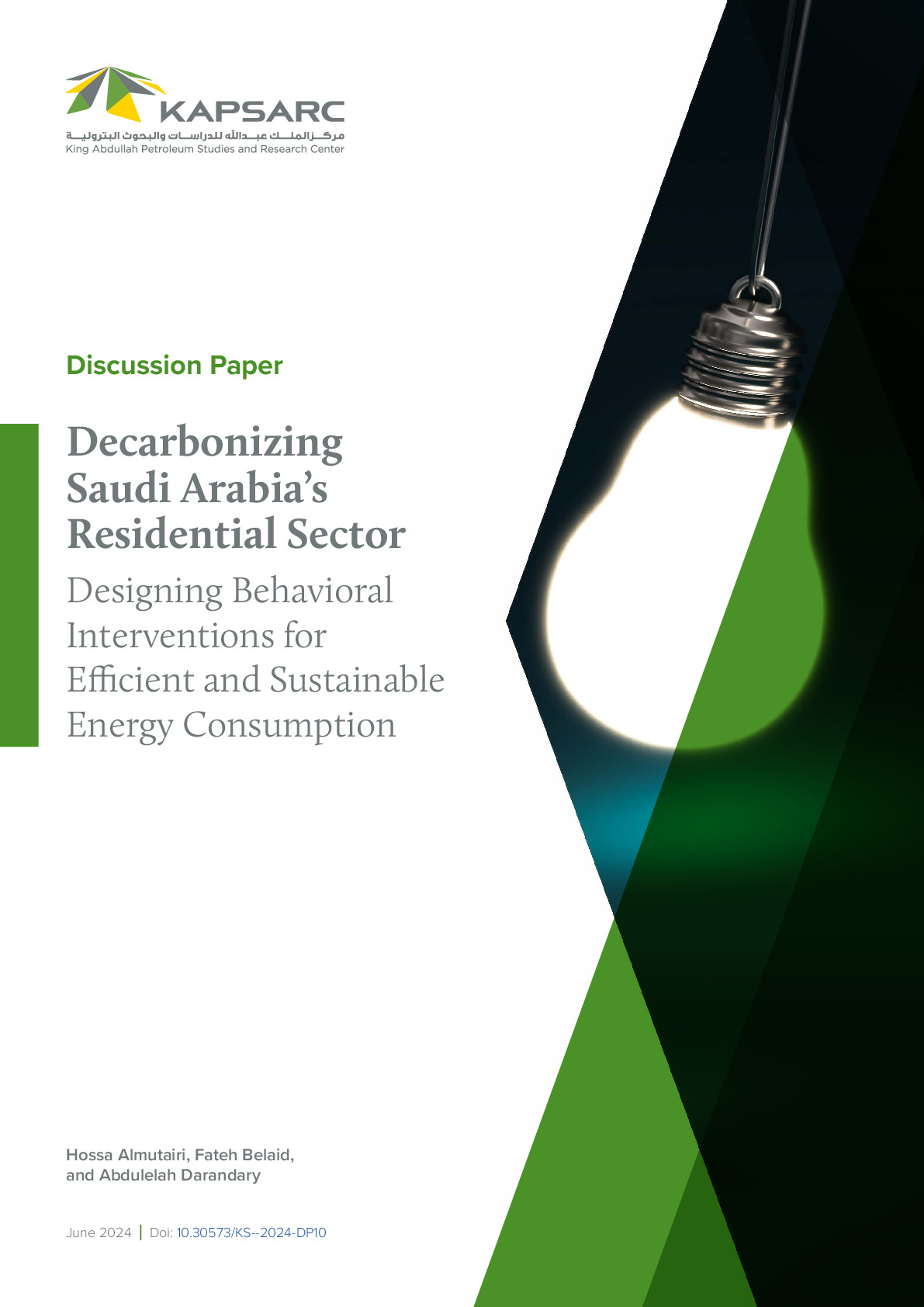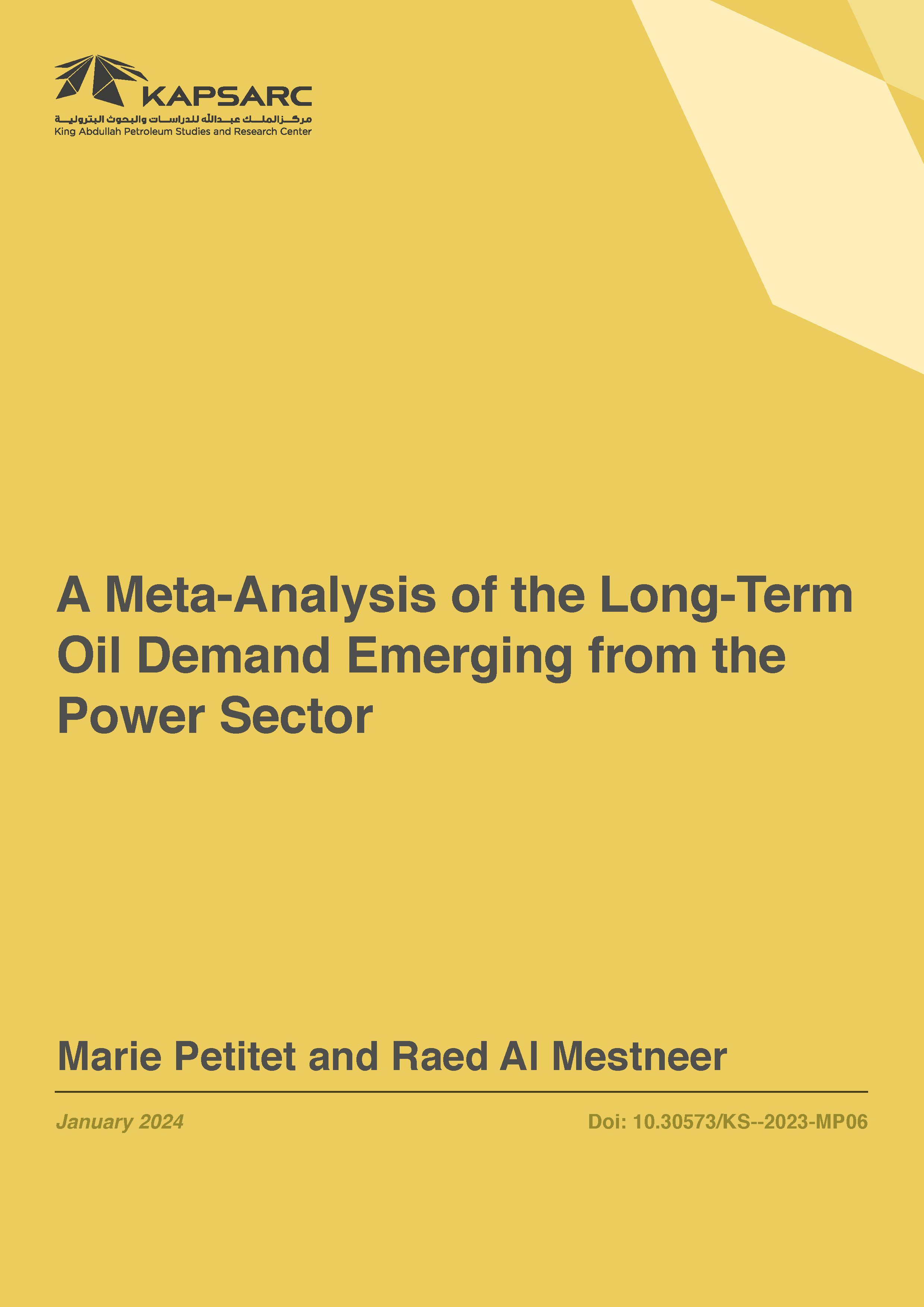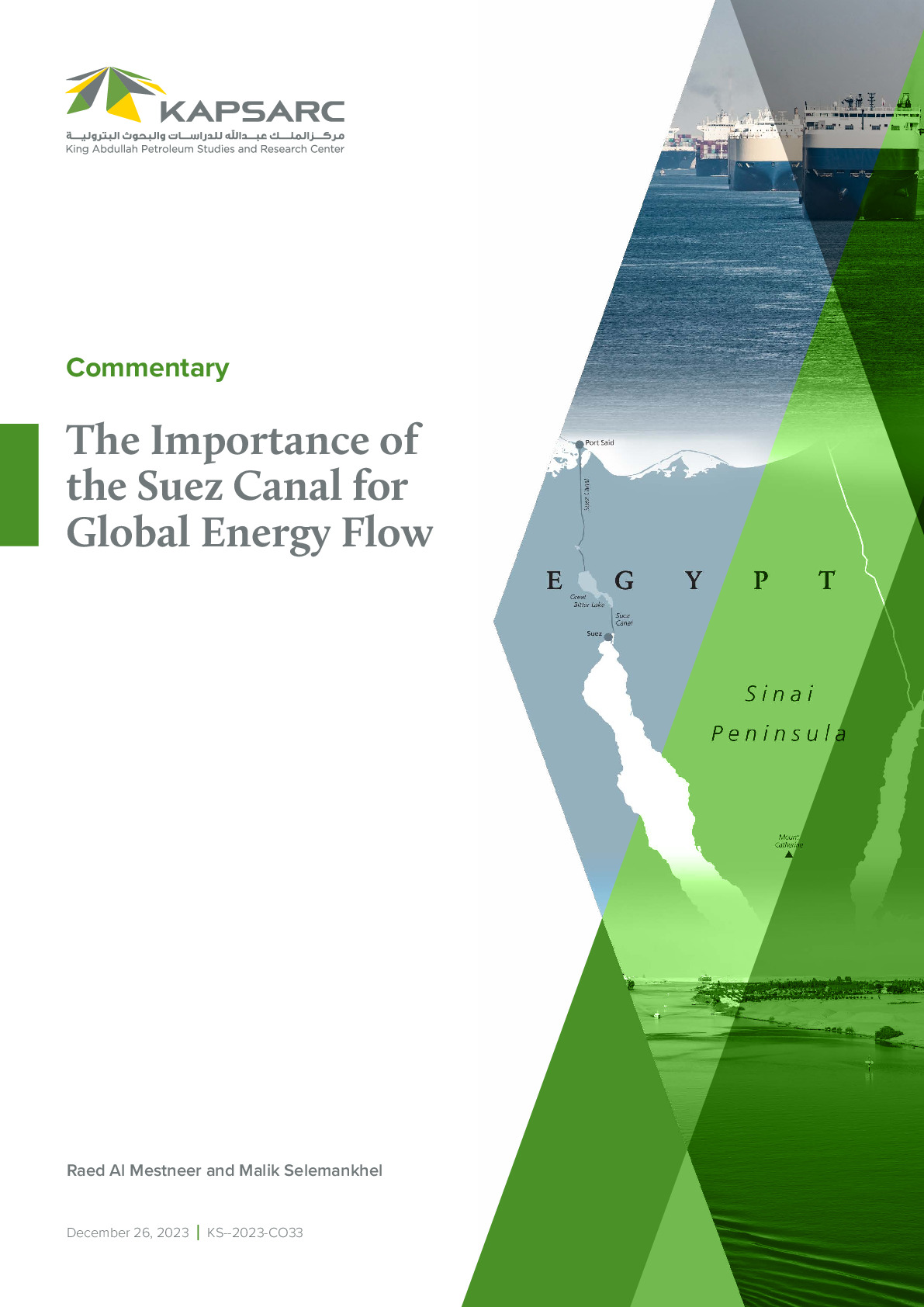In this commentary, we provide a discussion of the factors that have led to the ongoing spike in natural gas prices. We then discuss the potential short- and long-term implications for the global energy transition and for users of natural gas, both residential and industrial. The analysis highlights that although the world has debated reducing investment in fossil fuels to meet the Paris Agreement goal of keeping global warming below 1.5° C, major energy consumers have been calling for an increase in oil and gas production to meet immediate energy needs and curb the current price trend. While renewables have promise for enhancing energy security, the current energy crisis has revealed that at the present-day scale, renewable energy investments are not able to meet ongoing energy needs, forcing countries to again unlock hydrocarbon fuel sources, such as coal, and putting the global energy transition on hold. The paper concludes with recommendations for policies that enable clean energy developments to be unlocked amid strained geopolitical contexts to avoid future vulnerability to similar crises.

Fellow II
was a full professor of economics at Lille Catholic University and director of the Smart & Sustainable Cities research unit.…
was a full professor of economics at Lille Catholic University and director of the Smart & Sustainable Cities research unit. Fateh has also held various positions at the French Scientific and Technical Center for Building and led multiple collaborative projects for the French Ministry of Ecological Transition and the European Commission. He is an energy and environmental economist drawing from the fields of applied microeconomics, energy modeling, and econometrics. He has published widely on household energy consumption, energy-saving behaviors, individual preference and investment in energy efficiency, energy poverty, renewables, and energy policy. He received a habilitation for supervising doctoral research from Orléans University, a Ph.D. in Economics, an M.S. in Applied Economics & Decision Theory from Littoral University, and an engineering degree in statistics. His work has been published in journals including Ecological Economics, The Energy Journal, Energy Economics, Economic Surveys, Energy Policy, and Environmental Management
Expertise
- Energy and Environmental Economics; Energy Efficiency; Energy Demand; Fuel Poverty; Energy Policy; Energy Saving Behaviors; Applied Econometrics; Smart and Sustainable Cities.
Publications See all Fateh Belaïd’s publications

Can Smart Cities Be Sustainable: An Emerging Field of Research
In this commentary, we provide a discussion of the factors that have led to the…
7th July 2024
Decarbonizing Saudi Arabia’s Residential Sector: Designing Behavioral Interventions for Efficient and Sustainable Energy Consumption
In this commentary, we provide a discussion of the factors that have led to the…
24th June 2024




